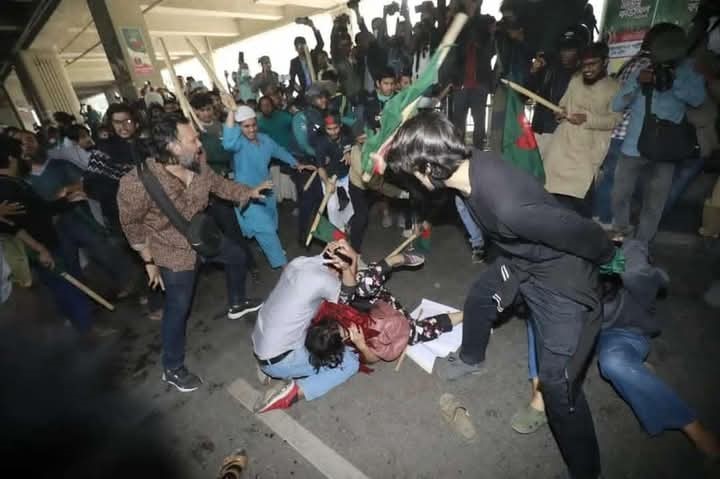


A new Human Rights Watch report has raised serious concerns about alleged systematic targeting of Awami League supporters in Bangladesh, highlighting a pattern of police actions reminiscent of previous government practices.
According to the report released this week, over 1,000 police cases were filed against tens of thousands of individuals, predominantly Awami League members, in just the first two months of the interim government’s tenure. The charges range from murder to corruption, with more than 400 former Awami League ministers and leaders currently under investigation.
The rights watchdog documented troubling instances of questionable legal procedures. In several cases, plaintiffs reported being approached by local political leaders opposed to the Awami League, who allegedly pressured them to sign police reports without full knowledge of who was being accused. Some complainants were reportedly told that signing these documents was necessary to secure state recognition and compensation for relatives killed during recent political unrest.
The report also highlights broader human rights concerns, including attacks on religious minorities, particularly Hindu and Ahmadiyya communities, by extremist groups. Additionally, ethnic minorities in the Chittagong Hill Tracts reportedly continue to face discrimination and violence from authorities.
These developments come amid ongoing political tensions in Bangladesh, particularly affecting supporters of the former ruling party. This drawn international attention to concerns about political repression in the country. Human Rights Watch’s findings suggest a significant shift in the political landscape of Bangladesh, raising questions about the direction of democratic governance and human rights protections in the South Asian nation.